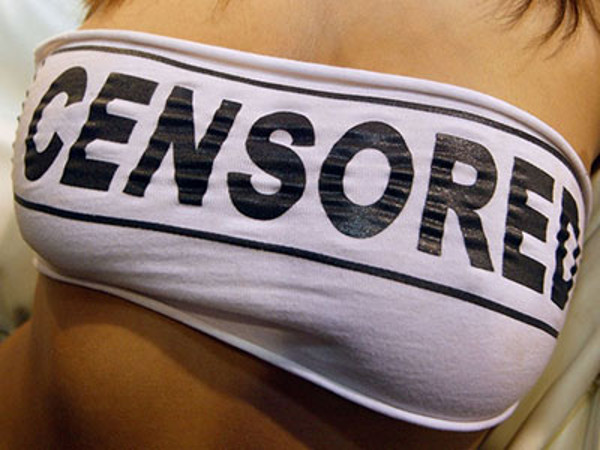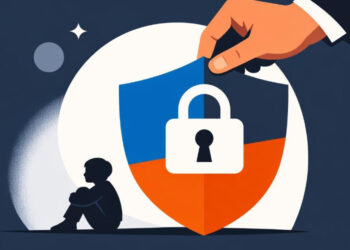 LONDON – It’s not every day you read something in which an advocate for stricter regulation of the internet comes right out and admits, in so many words, what she’s seeking is less freedom.
LONDON – It’s not every day you read something in which an advocate for stricter regulation of the internet comes right out and admits, in so many words, what she’s seeking is less freedom.
Today was such a day, thanks to freelance writer and broadcaster Christina Patterson and her article entitled “Porn warps culture. I hope credit-card checks nudge adults out of the habit.”
After making a series of familiar arguments in support of restricting access to online porn (children are “being stripped of their childhoods,” porn “warps” people’s minds, etc.), Patterson addressed the concern such restrictions will negatively impact the broader online freedoms of web users.
When I say she addressed this concern, what I really mean is she entirely recast it as a good thing.
“We have laws to protect us from harm,” Patterson wrote. “Yes, those laws curb our freedom. And I can’t wait for the day when we’re all a little bit less free.”
Spoken like an Englishwoman, I suppose, hailing as she does from the land of omnipresent cameras and public surveillance so widespread, as of six years ago there was a CCTV camera for every 32 citizens. The ratio likely has increased to the cameras’ advantage since then.
While many of the concerns Patterson expressed about porn are couched in the context of protecting children, she left no doubt she hopes the new regulations coming to the U.K. under the latest iteration of the Digital Economy Act will greatly reduce the number of adults watching porn, as well.
“It has to be good news that from April next year people in the U.K. will have to prove that they’re 18 before being allowed to access porn sites,” Patterson wrote. “And this won’t just be a box you tick. There will, apparently, be rules. And companies breaking those rules may be blocked.”
The good news doesn’t stop there, though. Privacy advocates will be thrilled to hear Patterson actively cheer on the likelihood of adults’ porn-viewing habits becoming public knowledge.
“[U]sers may be asked to give credit card details, and perhaps even be charged a small fee,” Patterson noted. “A fee that might appear on a bank statement that might, for example, be seen by your wife. These things will be for a regulator to decide, but the thing is this: your porn habit will now have what tech companies like to call a bigger ‘footprint’, and one that might well make some users think twice.”
I don’t doubt the new rules will make some British consumers think twice about watching online porn. In some countries, ones in which people generally don’t long to be less free, we refer to this phenomenon as the “chilling effect.”
But hey, don’t worry about that. Watching porn is so ruinous, it’s really for the best if everybody has the will to watch it chilled right out of their horny little bones.
“It’s possible, of course, that people watch this stuff and remain loving partners and pillars of society,” Patterson wrote. “It’s more likely that they don’t.”
Yes, that’s right, dear reader: If you watch porn, you can’t remain a loving partner or pillar of society. Anybody know if frequently reading the Bible has a similar effect on otherwise upstanding people ? If so, it would sure help explain roughly a billion news stories published in recent decades.
Here’s the part I don’t quite understand about the formula describing porn’s irresistible corruptive influence: If everybody is watching too much porn, and watching porn turns you into a living piece of shit, why hasn’t society already collapsed?
From whence did our current pillars of society come, and do they not have internet access there? Are all our extant societal pillars older people who never figured out how to log on through AOL and eventually gave up on the internet entirely?
I suppose it doesn’t matter. The important thing is, once people must risk being identified by and associated with the nasty, awful, sicko porn they watch, everybody will go back to being chaste, decent and substantially more pillar-like.
Either that, or a lot more British people will soon be learning about VPNs, BitTorrent and Tor.











